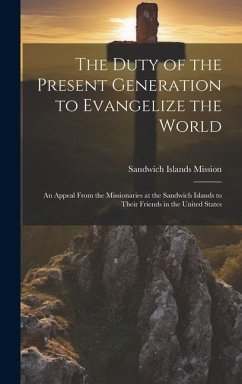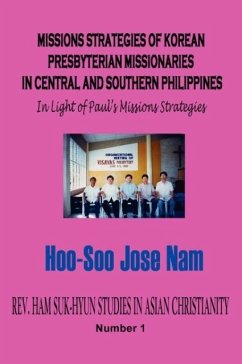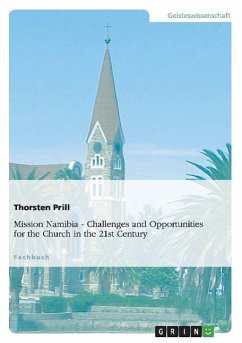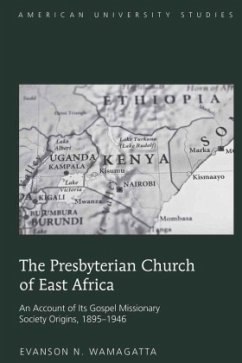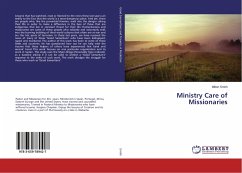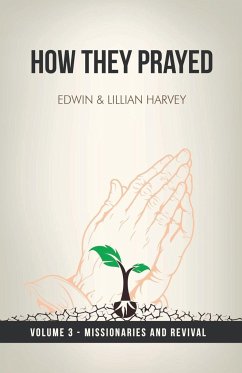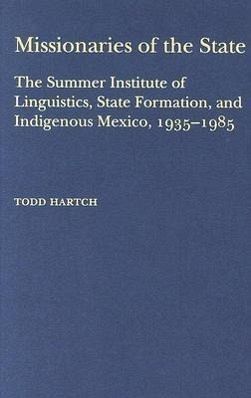
Missionaries of the State
The Summer Institute of Linguistics, State Formation, and Indigenous Mexico, 1935-1985
Versandkostenfrei!
Versandfertig in 2-4 Wochen
43,99 €
inkl. MwSt.

PAYBACK Punkte
22 °P sammeln!
An account of American missionary activity abetted by Mexican nationalists. Lázaro Cárdenas, president of Mexico 1934-40, is widely remembered as the most nationalistic and populist Mexican executive and was demonized by foreign investors scandalized by his nationalization programs, particularly in the oil industry. Less well known are his efforts to 'Mexicanize' indigenous populations and to reduce the power of the conservative Catholic hierarchy by encouraging anti-clericalism and Protestant evangelical activity. Common aims therefore united Cárdenas and Cameron Townsend, an American Prot...
An account of American missionary activity abetted by Mexican nationalists. Lázaro Cárdenas, president of Mexico 1934-40, is widely remembered as the most nationalistic and populist Mexican executive and was demonized by foreign investors scandalized by his nationalization programs, particularly in the oil industry. Less well known are his efforts to 'Mexicanize' indigenous populations and to reduce the power of the conservative Catholic hierarchy by encouraging anti-clericalism and Protestant evangelical activity. Common aims therefore united Cárdenas and Cameron Townsend, an American Protestant missionary. With the support of Cárdenas and like-minded Mexican officials, Townsend formed the Summer Institute of Linguistics, or SIL, a training school for Protestant missionaries who undertook to learn indigenous languages and to translate the Bible into those tongues. The official justification of this project was that the Indians' new vernacular literacy would serve as a bridge to learning Spanish and thus to assimilation into the larger national population. If at the same time Townsend's linguists also served as evangelists of a fundamentalist form of Protestantism, so much the better; in doing so, the SIL effort would undermine the Catholic hierarchy, which was seen as a rival of the Mexican state and its plans for secular national development. This unusual yet enduring alliance of a national government not known for friendship to foreigners and an unlikely collection of North Americans who united scholarship, political savvy, and religious zeal is this book's topic. The author relates the development of the SIL from its close association with official Mexico in the early 1930s to the late 1970s, when a growing anti-SIL alliance led by a new generation of Mexican anthropologists induced the Mexican government to curtail its support for the SIL. Hartch contributes objectivity to a topic that has been dominated by the polemics of either SIL supporters or opponents, recognizing the self-interest that actuated all parties, but also acknowledging that SIL, whether or not it meant to, empowered and enriched many indigenous communities through the provision of literacy.
Dieser Artikel kann nur an eine deutsche Lieferadresse ausgeliefert werden.



